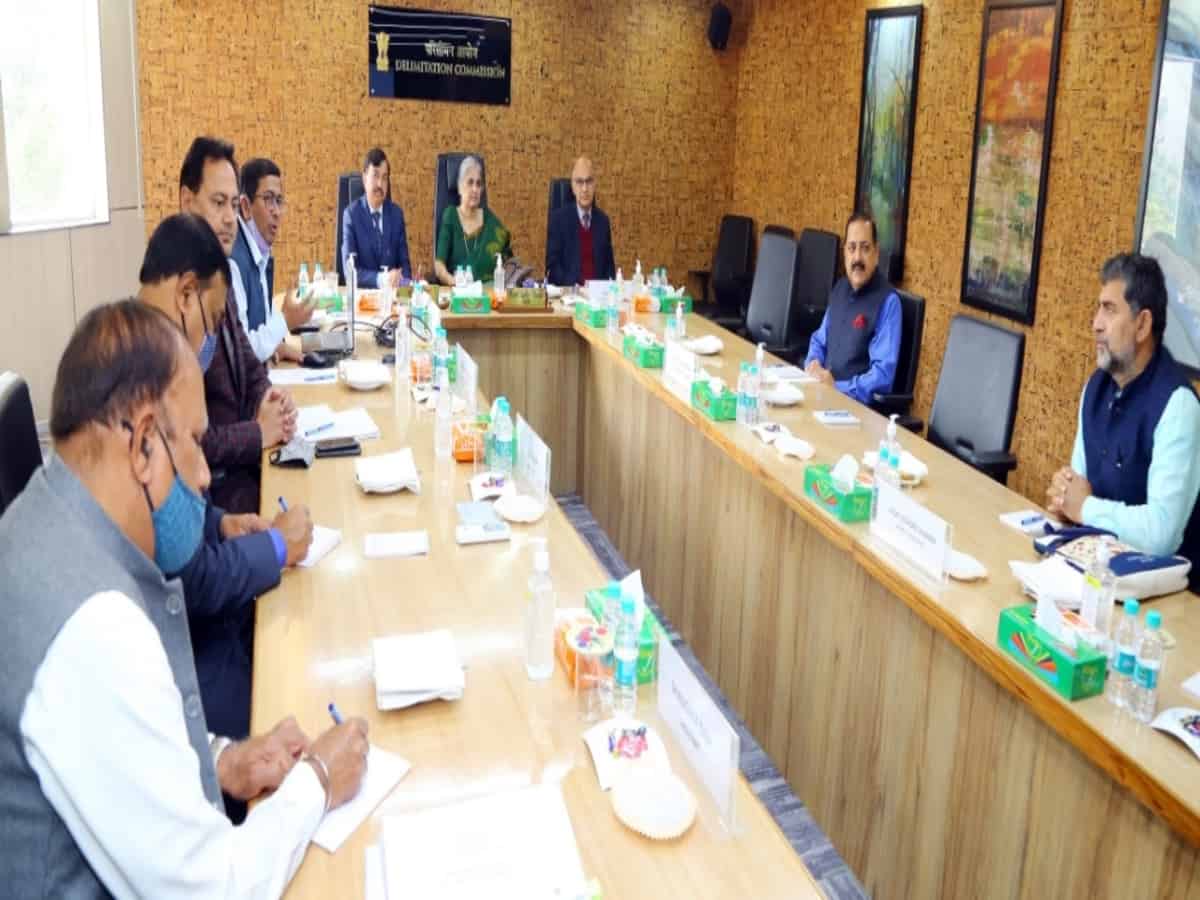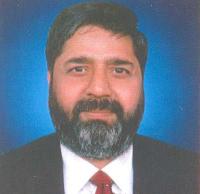

The second draft report of the Delimitation Commission on J&K had disturbed the political and geographical calculus of the Assembly and Lok Sabha constituencies in the Union Territory in which communal feelings have sharpened. This will have long term consequences for the people of this union territory , though in the immediate future , the draft report, which appears almost final, has opened the possibility of much awaited Assembly elections in the territory.
In the first place , the political reactions from Kashmir, mostly from the two premier political parties, National Conference and People’s Democratic Party , have been intense and rejectionist for the obvious reasons , for they believe that the whole exercise of the Delimitation Commission is to expand the footprints of saffron party in the territory , to enable it to ride over the will of the people and to help it form the government through the manipulation of the constituencies.
The Delimitation Commission , in its second draft report which it shared with the Associate members , three of them from Kashmir- all NC MPs- and two others being from Jammu region -both of them from BJP- has given six Assembly seats to Jammu region in addition to its existing number of 37 , taking the total number of seats to 43, while the Valley that had 46 seats has got one more, its tally, accordingly goes yup to 47. The total number of seats of 90 have been allocated in the manner , that many feel would benefit BJP. Apart from that the Delimitation Commission has increased the area of Anantnag constituency by including Rajouri and Poonch districts of Jammu region bordering Pakistan occupied Jammu and Kashmir. This is a sensitive and difficult area . With this the exclusivity of south Kashmir has been melted and merged with the areas in the south of Pir Panjal. The idea is based on a typical arithmetic of having 18 Assembly segments in each of the five Lok Sabha seats in the truncated state of Jammu and Kashmir, now known as the Union Territory of J&K, but there are more ramifications – Kashmir valley’s representation has been minimized , and now the stakes of the Gujjar and Pahari population in Rajouri and Poonch districts in Kashmir politics have been enhanced. It is a double edged weapon, while it works to shrink the Kashmir politics and its say in the decision making or raising the voice of Kashmiri Muslims , at the same time it has expanded Kashmir’s political influence , consolidating the Muslimness , Another flipside is that the Hindu population in these districts that used to identify itself with the Hindus of Jammu have been left in lurch , for they already had minimal role in the Assembly polls , will now mind their role further reduced in Lok Sabha elections. Earlier they took solace in the fact that their representative in the Lok Sabha was from their community, now they will have no little choice but to make a choice from the candidates of Muslim community . That will increase the communal and sub regional fissures.
These recommendations of the Delimitation Commission, reckoning the area and topography as the primary criteria over the population , is beyond the political understanding of the Kashmiri -Muslim centric parties . National Conference’s top leader Farooq Abdullah , who also is one of the Associate members , has questioned the report on the formula applies for the “ illogical recommendations.” He believes that it is beyond his comprehensions as to how the Delimitation Commission reach the conclusions that it did in ignoring the well-established criteria of population being the sole criteria for allocating seats.
What is more disturbing for the Valley-centric parties is that the names of the constituencies have been changed and the parliamentary seats have been worked out in such a way, which defy any yardstick of delimitation . “ The Delimitation Commission,” PDP spokesperson has said “ behaved like an extension of BJP.”
BJP may draw some political and electoral benefit from the report which has carved out six more assembly constituencies in Jammu region , which the saffron party considers its bastion , but whether the electorate will oblige it , is only a matter of guess and political calculations made in the party office. In reality, it would be judged from its overall performance . its ide to have a chief minister of BJP, and in all probability a Hindu from Jammu , may endear many in the region which has been aspiring for such a position for long.
The shift in the electoral map of Jammu and Kashmir is a prelude to the Assembly elections in Jammu and Kashmir, as the Home Minister Amit Shah had promised that the polls will eb held once the Delimitation Commission completes its report. Since that hour has been struck on the clock , and the bugle for elections may be sounded soon. Despite their severe objections , the political parties in Kashmir will not boycott the polls , and for that reason they may think of coming together, sinking all their differences and joining hands to fight the BJP together. The boycott politics , they know, will work against the interests of Kashmir and its political supremacy . This has thrown them in a political battle of do or die.



